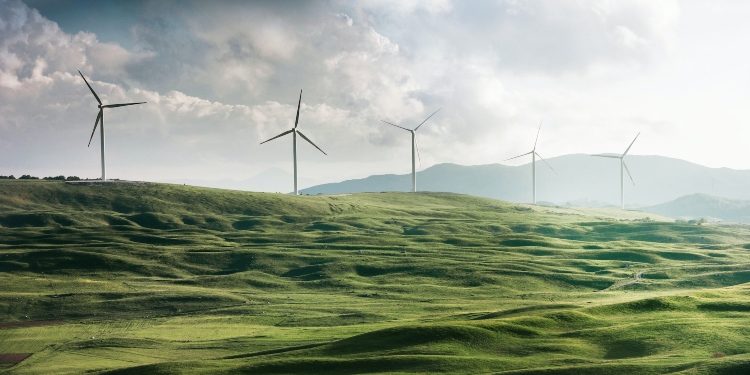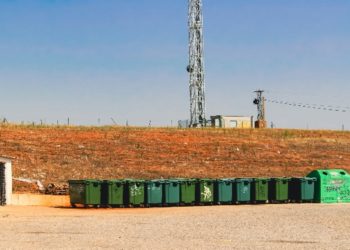Sustainability, a concept that has gained tremendous traction in recent years, is often perceived through the lens of environmental protection. However, its scope extends far beyond this singular focus. Broadly defined, sustainability seeks to meet the needs of the present without compromising the ability of future generations to meet their own needs. This concept encompasses four key types: environmental, economic, social, and cultural. Each type plays a critical role in fostering a sustainable future, and understanding their interconnections is essential for holistic sustainable development.
Environmental Sustainability
Environmental sustainability is the most widely recognised aspect of sustainability. It involves the prudent use of natural resources to ensure their availability for future generations. This type incorporates practices like reducing carbon footprints, conserving water, and preserving biodiversity. The goal is to maintain the balance of the earth’s ecosystems, minimising human impact on the environment. Environmental sustainability is critical in combating climate change, a challenge that requires concerted global action.
Incorporating green practices into business models, as demonstrated by the approach of Zentive, exemplifies how environmental sustainability can be integrated into everyday operations. By reducing waste, minimising energy consumption, and embracing renewable resources, companies like Zentive demonstrate that economic activities can coexist with environmental stewardship.
Economic Sustainability
Economic sustainability focuses on creating long-term economic growth without negatively impacting social, environmental, and cultural aspects. This type involves practices that ensure businesses and economies operate in a way that is financially viable, equitable, and beneficial for all stakeholders in the long run. It requires a shift from short-term gains to long-term stability, emphasising responsible and ethical economic practices.
Economic sustainability involves promoting economic practices that do not harm the environment or society. This could mean investing in renewable energy to support environmental sustainability or ensuring fair wages and working conditions to support social sustainability. The aim is to create an economy that serves the needs of the present without compromising future generations.
Social Sustainability
Social sustainability is about maintaining and improving social quality, which includes aspects like social equity, livability, health, community, and human rights. It’s concerned with ensuring that the benefits of development are fairly distributed across society. This type of sustainability seeks to foster communities that are inclusive, diverse, and provide a high quality of life for their members.
Social sustainability involves creating inclusive policies and practices that cater to the needs of diverse groups, including the marginalised and underrepresented. It’s about building strong, resilient communities where everyone has access to essential services, education, and opportunities for personal and community development.
Cultural Sustainability
Cultural sustainability, the least discussed type, involves preserving and fostering cultural diversity and heritage. This aspect recognises the importance of cultural traditions, languages, and practices, seeing them as integral components of a sustainable future. It is about respecting and nurturing the cultural expressions and heritage of different communities while allowing them to evolve and adapt over time.
Cultural sustainability ensures that future generations have access to the cultural riches of the past and present. It advocates for the protection of cultural sites, traditions, languages, and practices, ensuring they are not lost in the face of globalisation and modernization. This type of sustainability is crucial for maintaining the diversity and richness of human cultures in an increasingly interconnected world.
In conclusion, the four types of sustainability – environmental, economic, social, and cultural – are interdependent and essential for the wellbeing of our planet and its inhabitants. Balancing these aspects of sustainability is a complex but necessary task for achieving a sustainable future. Through initiatives and practices that encompass these four types, we can work towards a world where economic growth, environmental health, social equity, and cultural richness coexist harmoniously.
David Prior
David Prior is the editor of Today News, responsible for the overall editorial strategy. He is an NCTJ-qualified journalist with over 20 years’ experience, and is also editor of the award-winning hyperlocal news title Altrincham Today. His LinkedIn profile is here.





![7 Best POS Software in the UK [2026 Edition]](https://todaynews.co.uk/wp-content/uploads/2026/02/7-Best-POS-Software-in-the-UK-2026-Edition-360x180.png)







































































